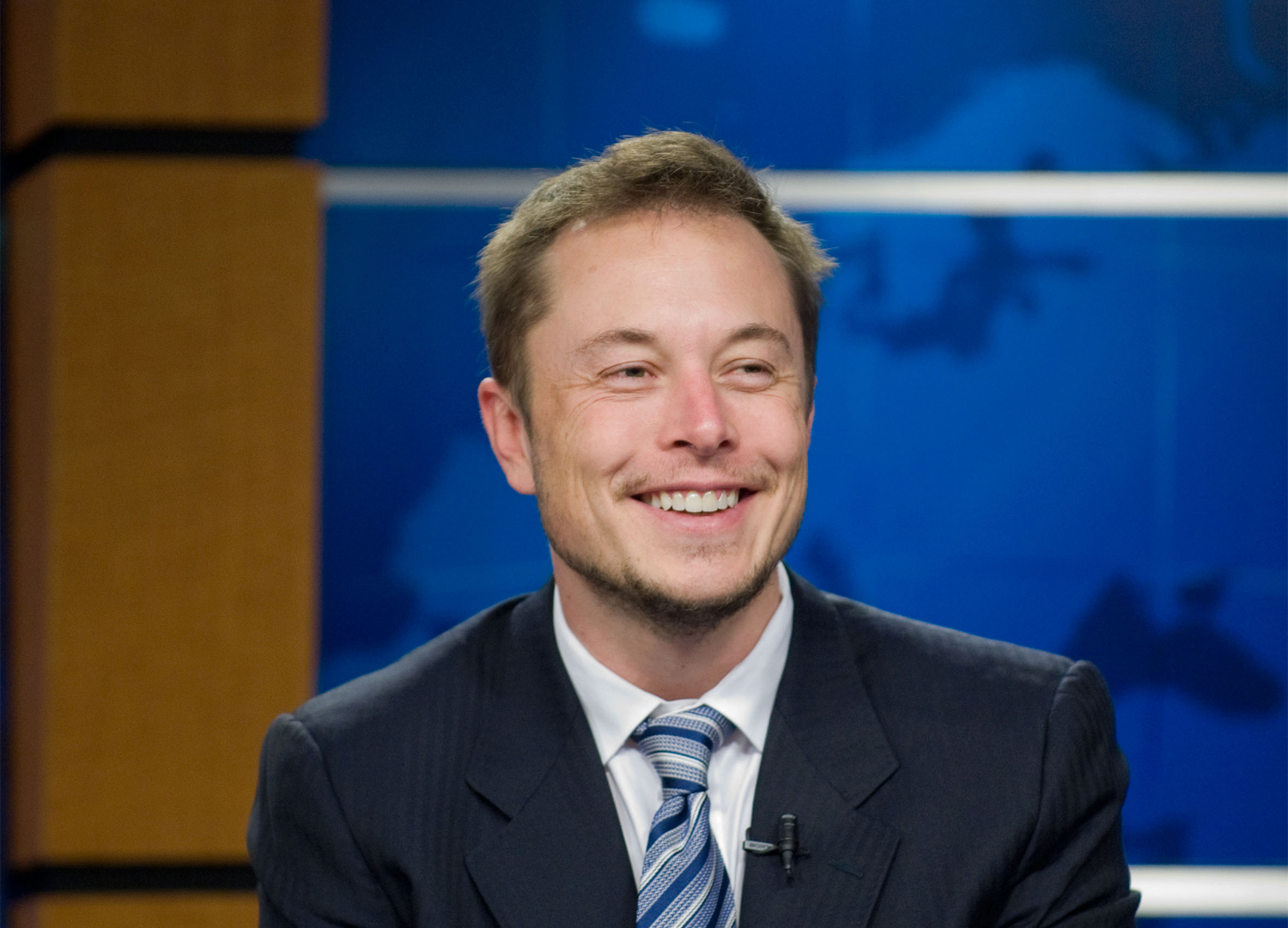Ukraine Reacts Angrily To Revelation That Musk Blocked Attack On Russia's Black Sea Fleet
Tech billionaire Elon Musk says he prevented a Ukrainian attack on a Russian Navy base last year by declining Kyiv's request to activate Internet access in the Black Sea near Moscow-annexed Crimea.
The revelation drew sharp condemnation from Mykhaylo Podolyak, a senior aide to Ukrainian President Volodymyr Zelenskiy, who called it "the price of a cocktail of ignorance and big ego," on X, formerly Twitter.
The satellite Internet service Starlink, operated by Musk-owned company SpaceX, has been deployed in Ukraine since shortly after Russia launched its full-scale invasion in February 2022. It has helped Ukrainian soldiers in places where other means of communication are down and has proved a key battlefield tool for Kyiv.
The incident in question revolves around a dramatic plan by Ukraine late last year to cripple Russia's Black Sea naval fleet based in Sevastopol.
"There was an emergency request from government authorities to activate Starlink all the way to Sevastopol. The obvious intent being to sink most of the Russian fleet at anchor," Musk said on X on September 7 after CNN published excerpts from an upcoming biography of Musk describing the incident.
"If I had agreed to their request, then SpaceX would be explicitly complicit in a major act of war and conflict escalation," said Musk.
Podolyak, reacting on September 8, said by not allowing Ukrainian drones to destroy part of the Russian fleet, Musk "allowed this fleet to fire Kalibr missiles at Ukrainian cities. As a result, civilians, children are being killed."
The excerpt from the biography said the tech billionaire had been told by the Russian ambassador to the United States that a Ukrainian attack on Crimea would lead to a nuclear response.
Musk "secretly told his engineers to turn off coverage within 100 kilometers of the Crimean coast," the excerpt from the upcoming book by Walter Isaacson said. "As a result, when the Ukrainian drone subs got near the Russian fleet in Sevastopol, they lost connectivity and washed ashore harmlessly."
Musk pushed back against Isaacson's account, saying in a post on X: "The Starlink regions in question were not activated. SpaceX did not deactivate anything."
Musk also called for a truce in the conflict in which Ukrainian forces have made only slow progress in a counteroffensive launched in June.
"Both sides should agree to a truce. Every day that passes, more Ukrainian and Russian youth die to gain and lose small pieces of land, with borders barely changing. This is not worth their lives," Musk said.
The Pentagon did not directly respond when asked if Musk's actions were acceptable. A Pentagon spokesman said the Defense Department is "aware of the coverage and interest in this topic," according to AFP.
The spokesman added that for reasons of operational security the Defense Department has not released additional information regarding Starlink's capabilities or other operational details.
[please be sure to consider clicking the support button, to support this web project and related efforts]
Key Words: Ukraine, Russia, Russo-Ukrainian War, Elon Musk, Starlink, SpaceX, Black Sea
